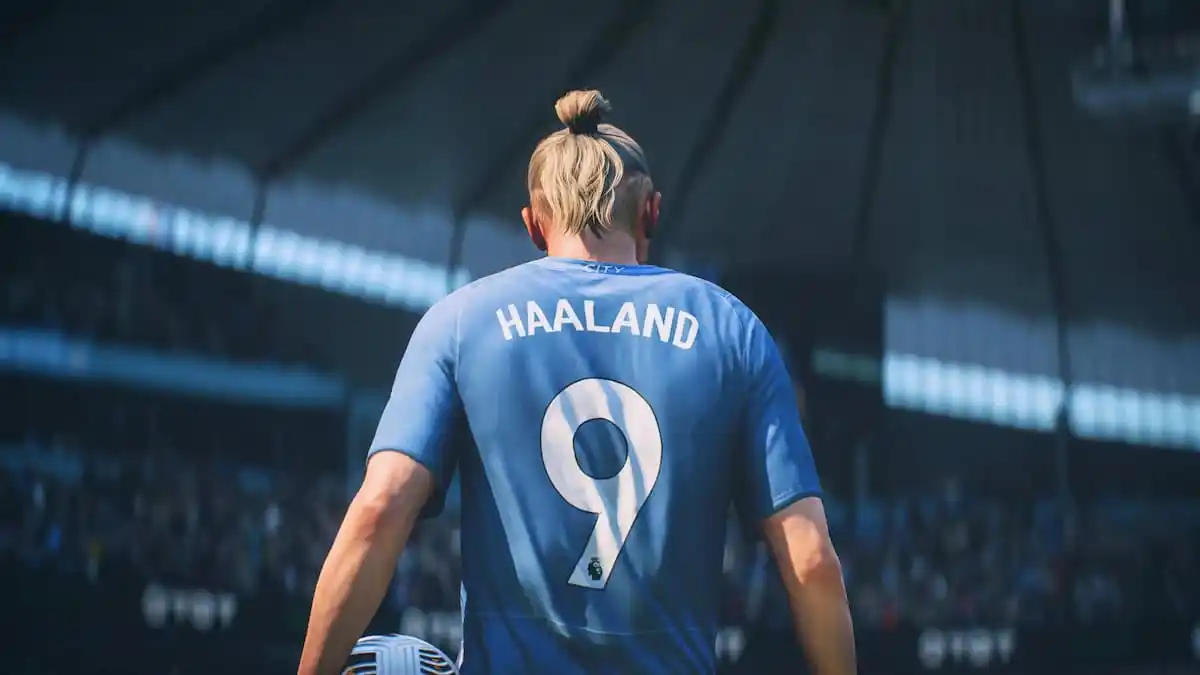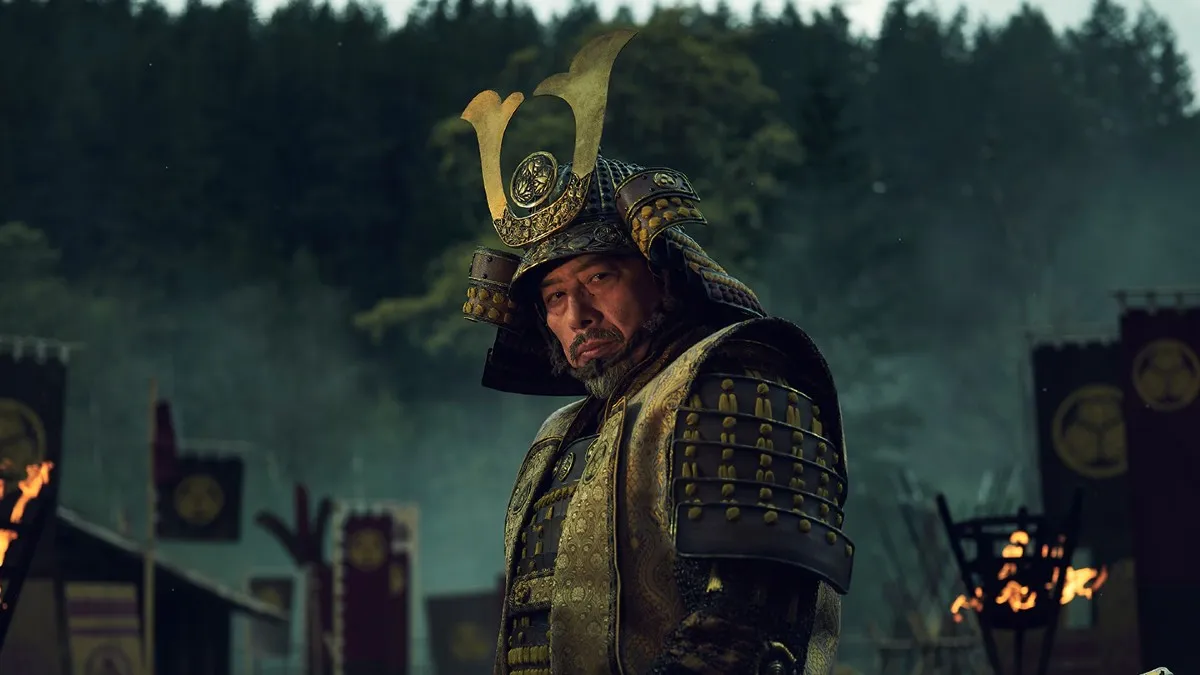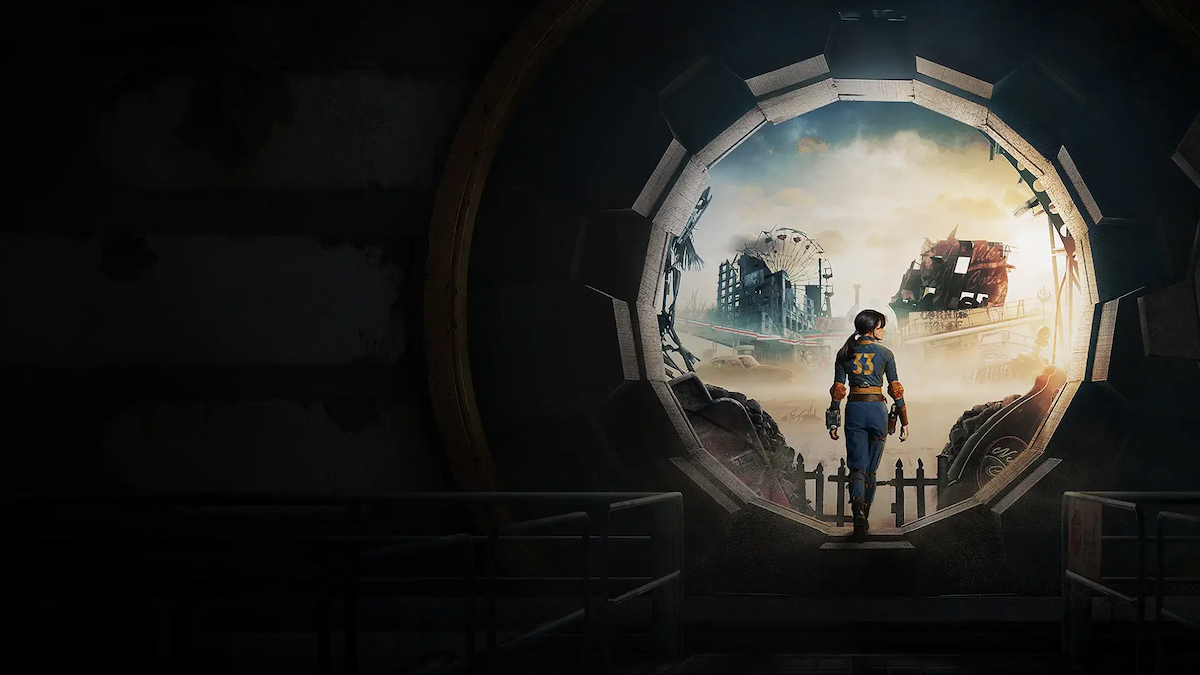Anime games are a dime a dozen these days, with a plentiful helping of popular series receiving their very own video game spinoffs. With everything from Black Clover to Tokyo Ghoul, there’s a lot of content for anime fans to sift through, and we even get crossover titles like the upcoming Jump Force.
There’s no anime more popular than My Hero Academia right now, the smash-hit series that’s been gaining more and more traction over the last couple of years. Now the series has finally made its video game debut with My Hero One’s Justice, but sadly, it’s not nearly the kind of revelation the anime is. That’s not to say My Hero One’s Justice is bad, it just fails to do anything that makes it stand out among the rank and file of other anime games.
There are countless anime games out there, and typically the easiest thing to do is simply make a battle game or fighting game, translate all the characters over and call it a day. Sadly, this is pretty much where My Hero One’s Justice falls, although it does at least do a few things to separate itself.
We recently saw the release of Fist of the North Star: Lost Paradise, and while it certainly has flaws, it shows what anime games should be focusing on. By telling an original story and adapting the anime/manga into a tried and tested video game specific formula, in this case, the Yakuza games. My Hero Academia holds so much potential for other media, due in no small part to how the anime and manga play with typical tropes and break free from the anime mold.
It’s a Shonen anime where the kids aren’t the all-powerful important characters, like in Naruto and Bleach. Even as the main character in My Hero Academia, Deku consistently loses and has to strive to do better, and he doesn’t just have some mystical power. His power is something he constantly has to work on improving and bettering himself, while those that do have those natural powers have an easier time of things.
The anime, especially, also takes time to make sure you get to know all of Class 1-A, and occasionally gives the spotlight to the lesser seen members. Because of how My Hero Academia bends and plays with anime tropes, it seems like a perfect fit for an anime game that can break the mold and try something new.
The most unique thing My Hero One’s Justice does is how it builds each and every playable character around their Quirks. The Quirks of My Hero are as wacky as they are inventive, and despite a somewhat simple combat system, things are kept interesting by each character performing differently. Todoroki can freeze his enemies to set up for a combo and shoot fire at range; Tokoyami can turn Dark Shadow on and off to change his attacks; Momo’s can generate different melee weapons and her attacks change based on which she has equipped, and Dabi can set the battlefield on fire that damages the opponent.

These are just a few of the examples, and it’s amazing how well My Hero One’s Justice manages to stick to the style and powers of the heroes and villains. It’s great fun to try out each character and there’s a ton of variation between the myriad playable characters. Stage destruction in battles also helps give off a bombastic feel, really honing in on the feeling of the anime battles.
While these core systems are fairly strong, My Hero One’s Justice just doesn’t have a lot of content outside of that core battling. The game’s story mode is incredibly disappointing, retelling parts of season 2 and 3 of the anime. There’s nothing substantial here, however, and it’s really the briefest possible recap of the anime you could imagine. There’s a hero and villain campaign, but unfortunately, the villain’s side simply has you replaying the same events and battles just with the villains instead of heroes. There’s a missions mode, arcade mode, online, and local battles, but again everything revolves around that core combat system, which doesn’t have enough depth to stand up for tens of hours on end, like other fighting games.
My Hero One’s Justice had a great opportunity to expand on the story of My Hero Academia, shedding more light on the villains and their story. Instead, it plays things incredibly safe, like most other arena brawler/fighting anime games. Considering this is the series’ first big video game it’s not entirely surprising, but definitely a letdown.
With a fantastic spinoff manga, Vigilantes, and a good first movie with Two Heroes, My Hero Academia has shown the potential its universe holds for side stories. A video game would be the perfect place to tell one of these side stories, and hopefully, future My Hero Academia games have more ambition in terms of telling a story.
My Hero One’s Justice certainly isn’t a bad game, but it feels very reserved in many cases. It makes sense, as Bandai Namco obviously wants to hone in on the ridiculous success of My Hero Academia, let’s just hope future games really try and go for things, while still getting that focus on the characater’s unique Quirks right.





